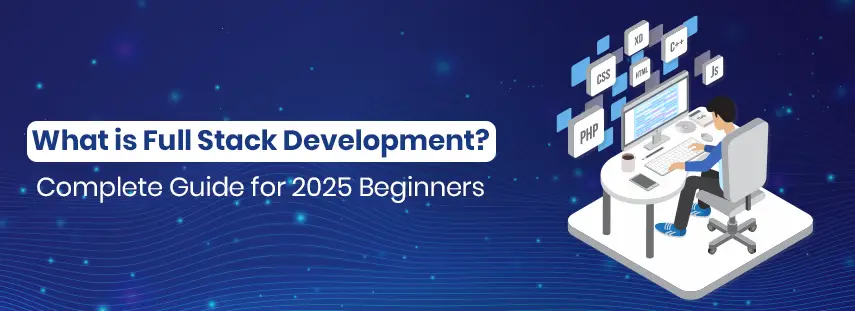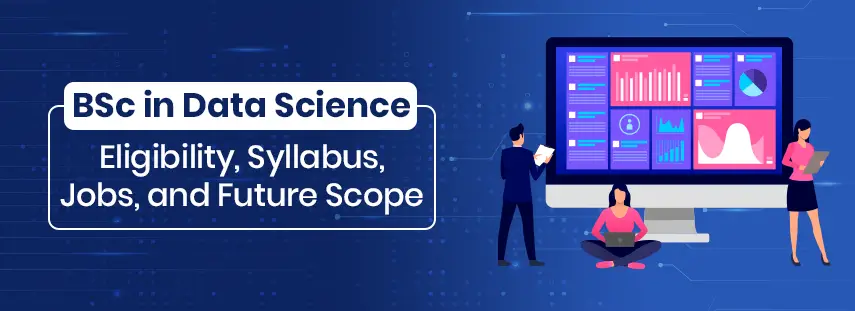Join As Students, Leave As Professionals.
Develearn is the best institute in Mumbai, a perfect place to upgrade your skills and get yourself to the next level. Enroll now, grow with us and get hired.

List of Best 12 Full Stack Developer Frameworks in 2024
Explore the best full stack developer frameworks in 2024, including their features, benefits, and why they are essential for developers. Stay updated with the latest technologies driving web development.
DeveLearn Technologies
300 minutes
May 27, 2024
Loading content...




